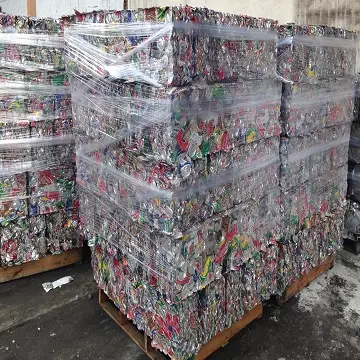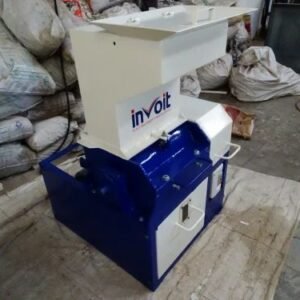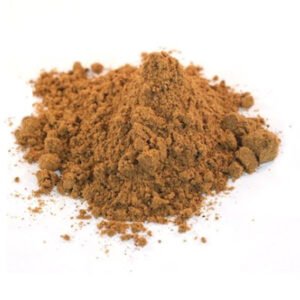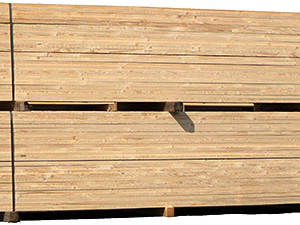Description
Aluminum UBC CanAluminum UBC (Used Beverage Can) refers to a specific type of aluminum can that has been previously used for containing beverages. These cans are commonly recycled due to the high value of aluminum and the environmental benefits associated with recycling.
Composition and Properties of Aluminum UBC Can
Aluminum UBC cans are primarily composed of aluminum, which is a lightweight and highly recyclable metal. Aluminum is known for its excellent strength-to-weight ratio, corrosion resistance, and malleability. These properties make aluminum an ideal material for beverage cans.
The specific composition of an aluminum UBC can may vary slightly depending on the manufacturer and the region. However, the typical composition includes approximately 97% aluminum, with the remaining 3% consisting of various alloys and coatings. The alloys and coatings are added to enhance the can’s strength, durability, and resistance to corrosion.
Recycling Process for Aluminum UBC Can
The recycling process for aluminum UBC cans involves several steps:
- Collection: Used beverage cans are collected from various sources, including recycling centers, curbside collection programs, and waste management facilities.
- Sorting: The collected cans undergo a sorting process where they are separated from other recyclables and contaminants. This step helps ensure that only aluminum UBC cans are processed further.
- Shredding: The sorted cans are shredded into small pieces or flakes using specialized equipment. This increases the surface area and facilitates subsequent processing steps.
- Magnetic Separation: The shredded aluminum flakes pass through a magnetic separator that removes any ferrous materials present in the mixture. This step helps eliminate any steel or iron components that might have been mixed with the cans during collection.
- De-coating: If necessary, the shredded flakes may undergo a de-coating process to remove any coatings or paints on the surface of the cans. This step is important to ensure the purity of the aluminum.
- Melting: The cleaned aluminum flakes are then melted in a furnace at high temperatures. The molten aluminum is typically alloyed with small amounts of other metals to improve its properties.
- Casting: The molten aluminum is cast into ingots or billets, which can be used as raw material for various industries, including the manufacturing of new aluminum cans.
- Rolling and Forming: The ingots or billets are further processed through rolling mills to produce thin sheets or coils of aluminum. These sheets can then be formed into new beverage cans through a series of shaping and forming operations.
- Coating and Printing: The formed cans undergo coating and printing processes to provide them with the desired appearance and branding. This includes applying protective coatings to enhance durability and printing labels, logos, and other designs on the surface.
- Distribution: The newly manufactured aluminum UBC cans are then distributed to beverage companies and other industries for packaging their products.
Benefits of Recycling Aluminum UBC Cans
Recycling aluminum UBC cans offers several significant benefits:
- Conservation of Resources: Recycling aluminum cans helps conserve natural resources, as it reduces the need for extracting and refining new aluminum from bauxite ore. This process requires significant energy and has environmental impacts such as habitat destruction and air pollution.
- Energy Savings: Recycling aluminum requires much less energy compared to producing new aluminum from raw materials. According to the Environmental Protection Agency (EPA), recycling one ton of aluminum saves approximately 14,000 kWh of energy, which is equivalent to the average energy consumption of a household for 10 months.
- Reduction in Greenhouse Gas Emissions: The recycling process emits fewer greenhouse gases compared to primary aluminum production. It is estimated that recycling one ton of aluminum can prevent the emission of up to nine tons of CO2, a major contributor to climate change.
- Economic Benefits: Aluminum recycling contributes to job creation and economic growth. The recycling industry provides employment opportunities in collection, sorting, processing, and manufacturing sectors.
- Landfill Diversion: By recycling aluminum UBC cans, the amount of waste sent to landfills is significantly reduced. This helps minimize the environmental impact associated with landfilling, such as soil and water contamination.





Reviews
There are no reviews yet.